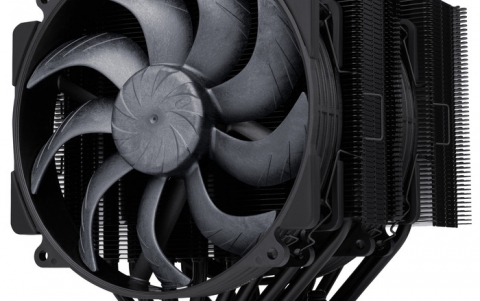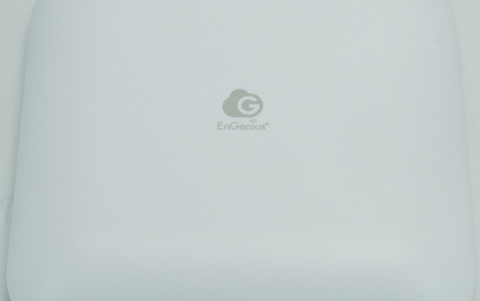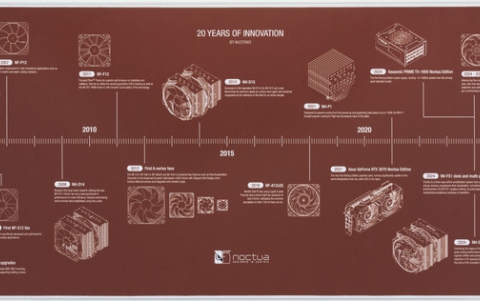Fighting Big Brother
6. Page 6
The dispute over Clipper Chip
Every development in technology has its dark side. Cryptography can protect the privacy of citizens, the fighters of freedom in dictatorships and so on. Yet it has extended its protection to outlaws in democratic countries. Terrorists along with drug dealers are now able to obtain safe communications to scheme their unlawful acts. That was the rationale (to others it was just an excuse) that drove President Clinton’s administration to bring forward the Clipper Chip legislation in April 1993. That chip which had to be installed in all tele-communication devices, (faxes, telephones, PCs etc) utilized the so called Skipjack algorithm the keys of which would be in the possession of only two state services. It looked as if it were the happy medium: on the one hand communications carried out by citizens would be protected from third party interventions and on the other hand judicial authorities would be in the possession of the ability, provided a warrant were produced, to get hold of the keys in case they wished to place certain people under surveillance.
However the problem lied in the fact that the Skipjack algorithm had been designed by the infamous National Security Agency (NSA) and was naturally kept in a status of confidentiality. Who would ever believe that that super secret service (even the level of the state financing allotted to them remains a top secret) had not left some “doors” open that would enable them to spy on any person they felt like without obtaining judicial authorization? “It is as if we had a peeping Tom hang the blinds in our home” John Perry Barlow, one of the activists for the protection of democratic rights in cyberspace had then put it.
In spite of the fact that the clipper chip installation was not expressly imposed by law the Clinton government “tricks” have contributed to the creation of an amazing, common front between the human rights organizations and informatics companies. Among others, the law provided that export licenses be issued only for the tele-communication products supplied with the aforesaid chip. Yet, would there be any non-American citizens who would buy a product that would-potentially-be at any time placed under the United States governmental surveillance? This way it was certain that all informatics enterprises were doomed. They would either be in no position of exporting their products unless supplied with the clipper chip or they would export them with no one buying.
Protest burgeoned, followed by the problems traced in the first chips by the 26-year-old AT&T researcher Mathew Blaze, driving thus the Clinton administration into disorderly retreat.
Now, everybody’s eyes are turned to a judicial inquiry ordered by the United States Customs service against Phil Zimmermann. The rule of court may put the PGP programmer away up to four years, but it will also be of critical gravity as far as the role of the state in modern society is concerned. Modern technology enforces the contrast between individual rights and the magnitude of state intervention. Who knows? It may so be, as the Economist has lately put it, that modern technology drives governments into realizing what modesty is about…
By Pashos Mandravelis.
email to P. Mandravelis













